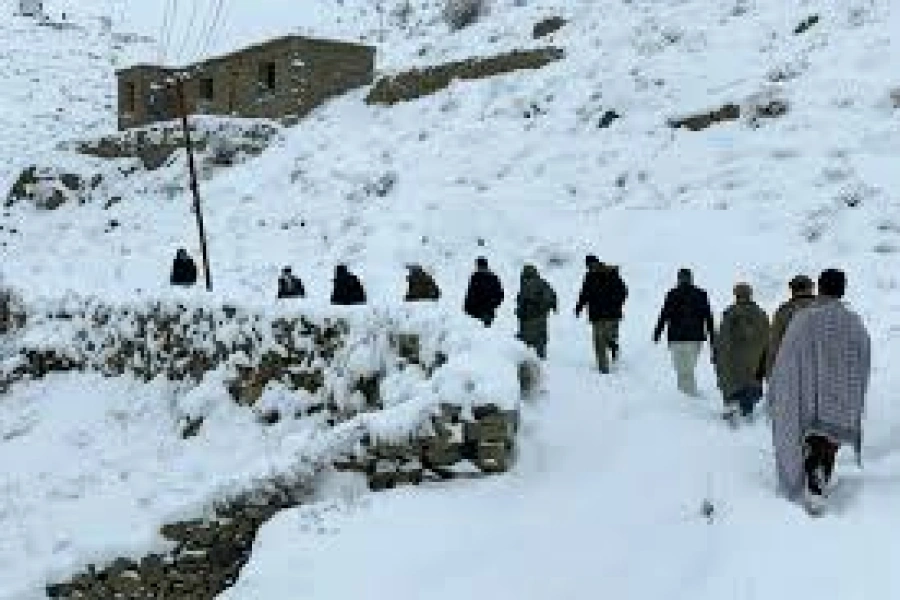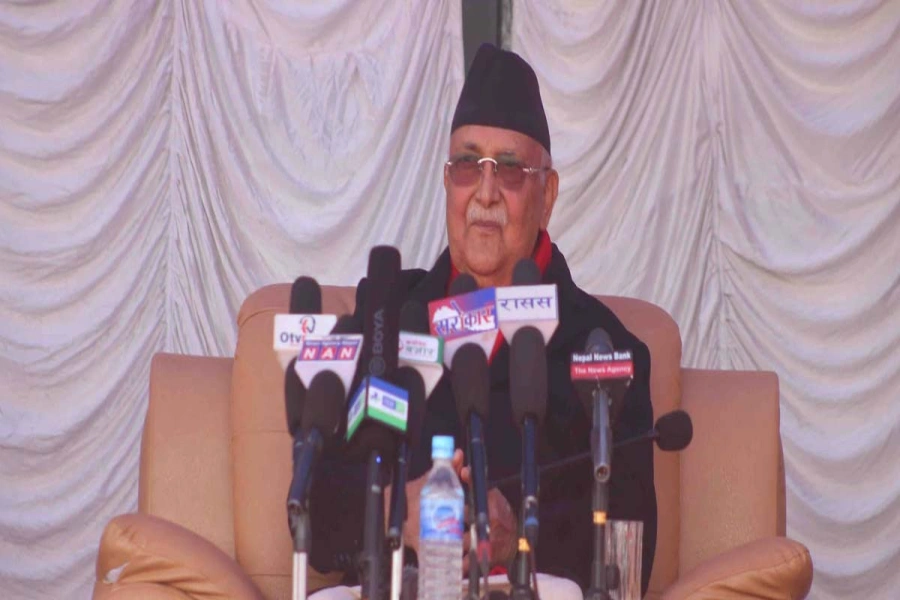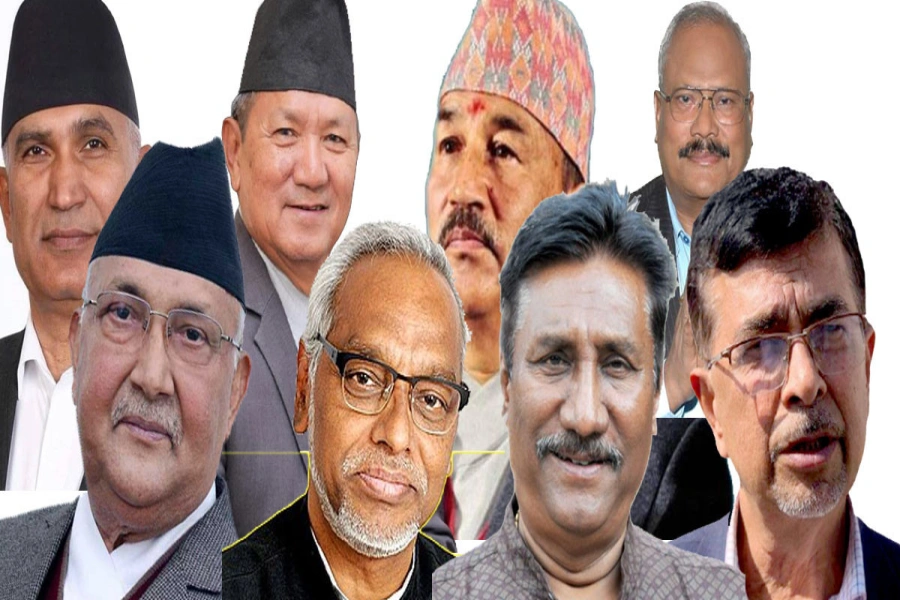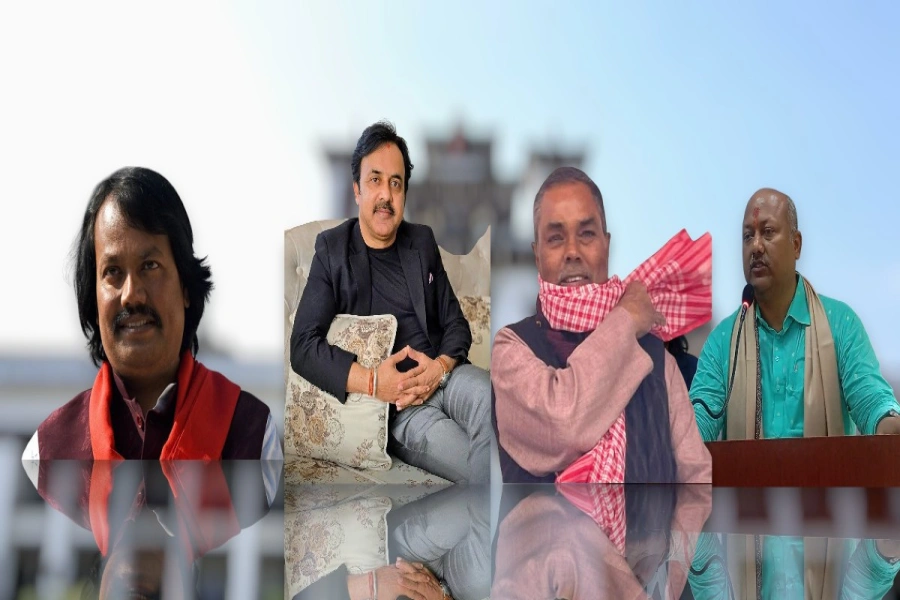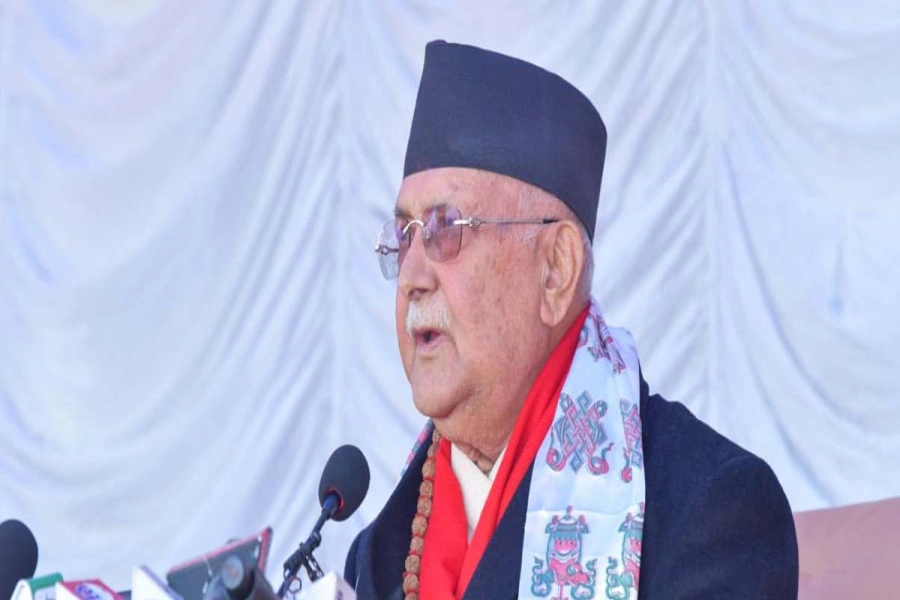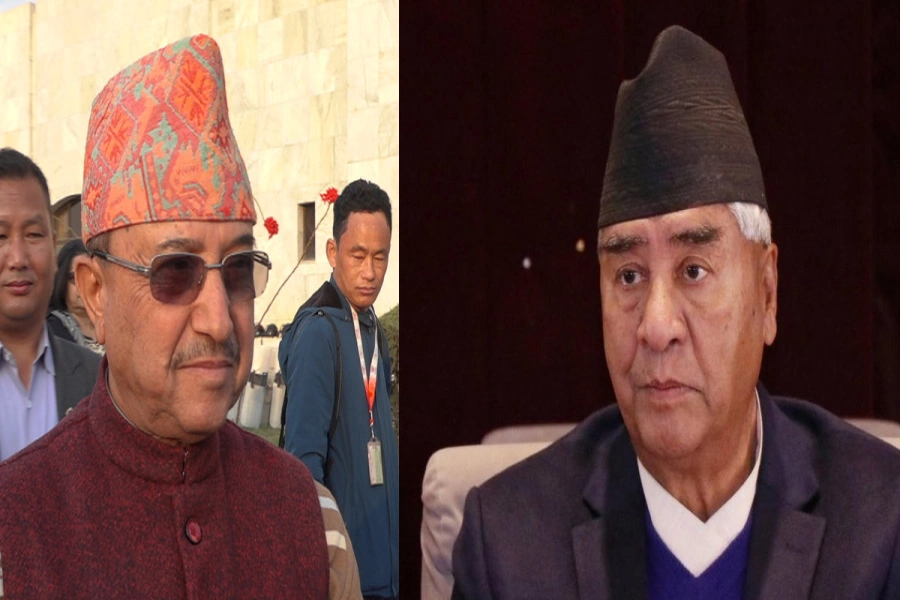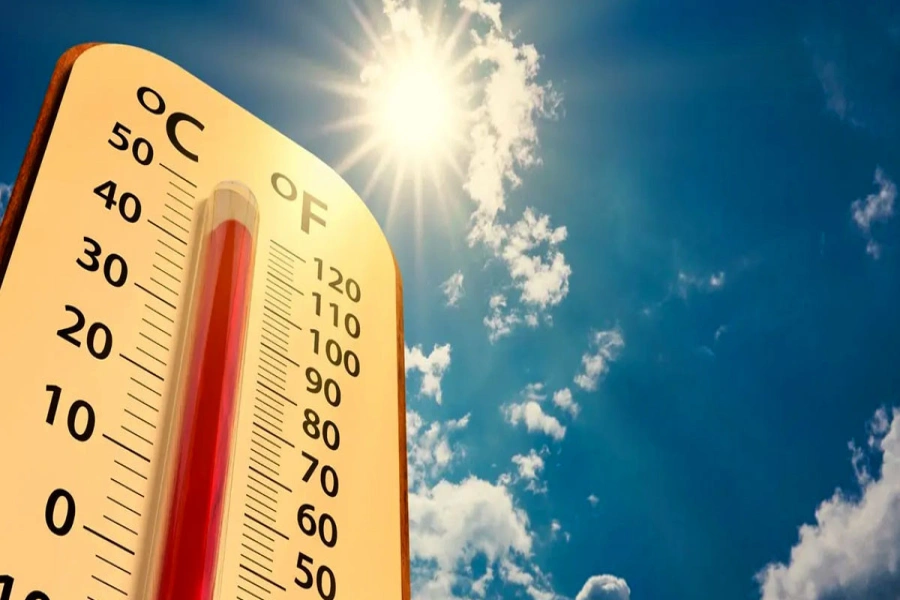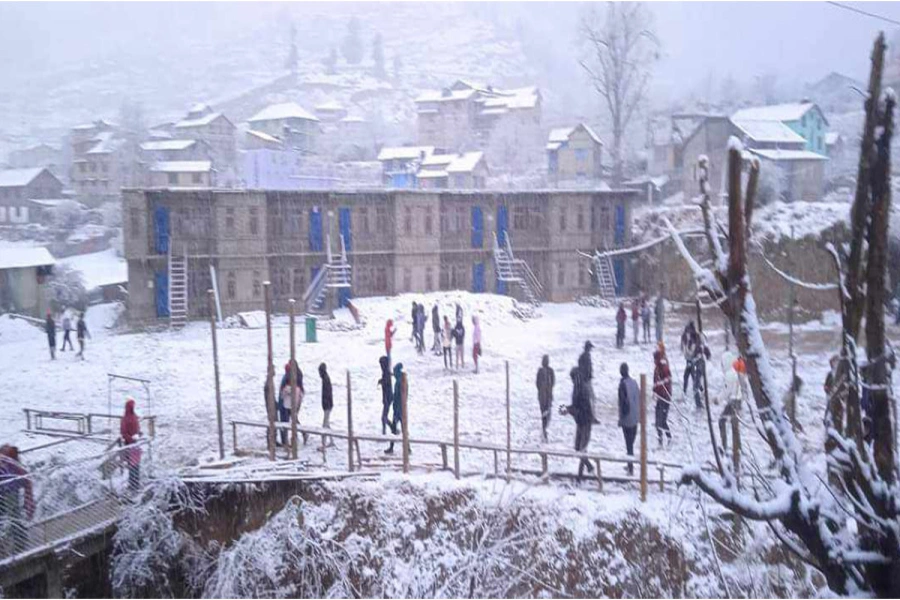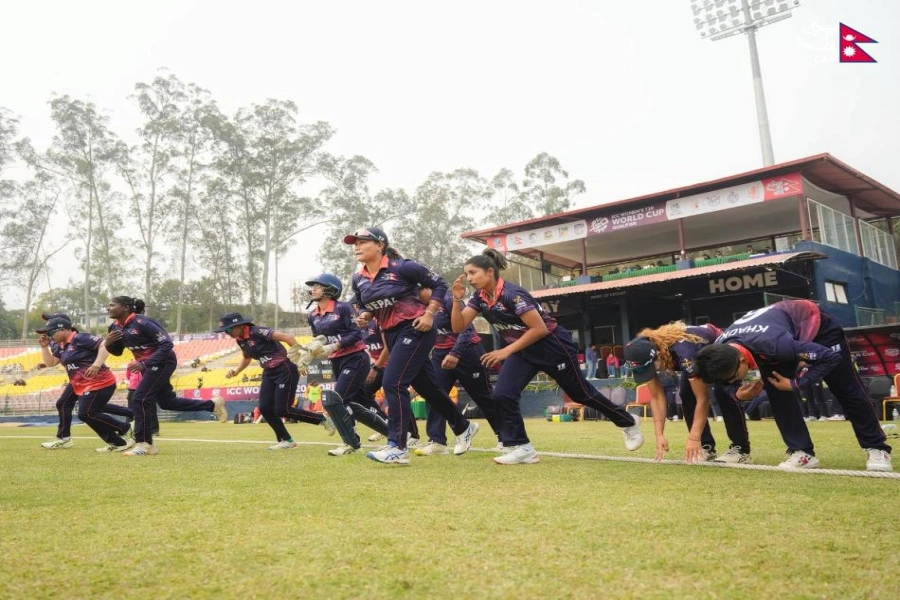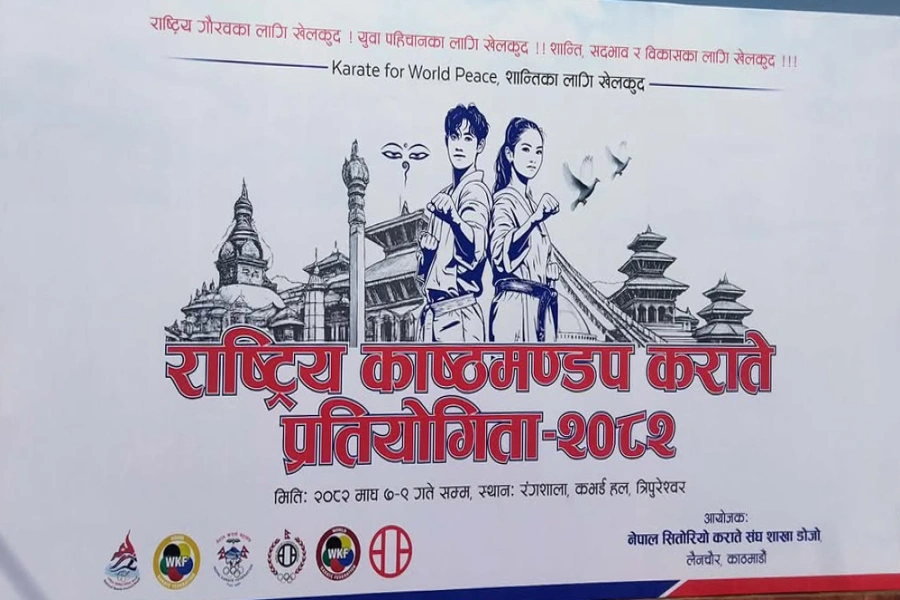“The new policy will pledge special incentives for expediting industrialization and balanced regional growth, enhancing competitiveness, and attracting more investments,” said industry secretary Tana Gautam.
He elaborated that the policy is being prepared to conform to the government’s World trade Organization (WTO) commitments, and will replace 1992’s Industrial Policy. It envisages to tap into benefits emerging from multilateral and regional free trade agreements, thus creating greater employment opportunities.
However, the policy the government committed to be in place by mid-January is still be endorsed by the Cabinet.
Of the major shifts in the State´s provisioning, the draft finalized by the Ministry of Industry (MoI) incorporates provisions such as simple exit policy to the promoters, thereby freeing them from longer-term labor and other liability. Investors were otherwise subjected to such burdens, affecting flow of fresh investments.
The new policy also recognizes and allows subcontracting of productions for the first time in Nepal’s history. Officials said this provision would help create specialization in the manufacturing process and enable a party to meet international orders without investing further in his production units.
“Most importantly, this is expected to help foster backward linkages, mainly facilitate small scale industries, to incorporate in the larger manufacturing process,” said a source.
The source informed myrepublica.com that the policy will also put in place differential tariff rates for raw material imports, as well as the import of finished goods. While the aim of the provision is to promote domestic manufacturing over direct trade, the draft says such protection rate (difference in tariff favoring local manufacturing over direct import) will be 25 percent.
Similar protection, and duty and tax-discount incentives have also been envisaged for the industries using local raw materials and generating higher value addition in the economy, stated the source.
The Policy cites that the government will lay down industrial infrastructure, such as roads, electricity and telecommunication in different districts that have been identified as possessing manufacturing and processing potentials.
However, it calls for the private sector to share costs on the industrial security front. “Industries can deploy their own industrial security force and insure life and property, and the government will allow them to deduct such costs from their taxable income,” says the draft.
The draft pledges additional promotional incentive packages for export industries, particularly the small and medium enterprises (SMEs). It promises 25 per cent income tax concessions to small, medium and large industries that directly employ 100, 300 and 600 people, respectively.
The MoI has categorized the geographical regions into three groups - i) highly underdeveloped, ii) undeveloped, and iii) underdeveloped industrial regions - and pledged tax holidays of 10 years, 7 years and 5 years, respectively, to the industries in these regions.
Apart from the existing Special Economic Zones (SEZs), the Policy also envisages the development of Agro-Export Promotion Zone (AEPZ). "Industries established in these zones will be exempted of excise duty and VAT (Value Added Tax)."
It also recognizes research and development (R&D), and market promotion as an integral part of the industrial activities for the first time, and has pledged 5 percent income tax deduction for each purpose. It also promises exemption of excise, customs duty and VAT on raw and packaging materials for export industries in SEZ, among others.
The Policy considers IT, cement, hydropower, vehicle and motor parts, chemical fertilizer, bio-technology and adventure tourism as high priority industries, and agriculture, forest-based, Ayurvedic, and homeopathic medicine manufacturing, minerals and handicrafts as priority industries.
milan@myrepublica.com
Differential credit policy, tariff hike mooted




